NEW DELHI (AFP) – Butter chicken, one of India’s most loved dishes, is at the centre of a culinary storm with two competing restaurant chains claiming to be the inventors of the lip-smacking preparation.
The marinated chicken dish bathed in a velvety red sauce with dollops of butter and cream is a favourite across continents, popping up on menus in London, New York and Sydney.
But the dish is now the subject of a lawsuit filed in the Delhi High Court by Moti Mahal, one of the city’s oldest restaurant chains, against rivals Daryaganj.
It is a story that dates back a century to pre-independence India and a furious feud between families.
The lawsuit, running to over 2,000 pages, claims that Moti Mahal’s founder first crafted the dish by adding a rich tomato-based gravy to leftover chicken to keep the pieces moist.
Moti Mahal accused Daryaganj of falsely taking credit for inventing butter chicken, as well as dal makhani, which is prepared by slow-cooking black lentils in a tomato and cream gravy.
The restaurant is seeking INR20 million (USD240,000) in damages, and wants the court to bar Daryaganj from claiming its family pioneered the recipes.
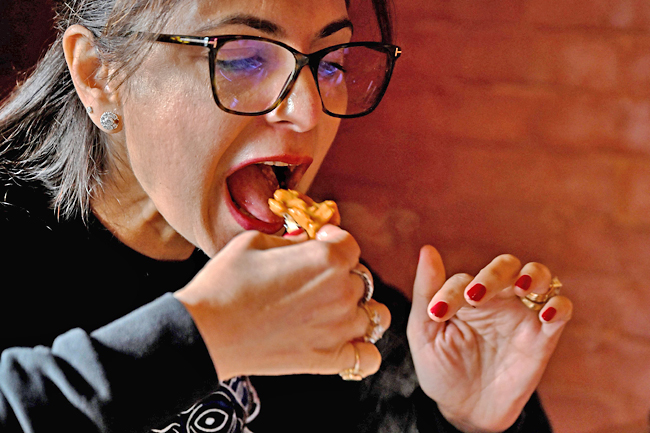
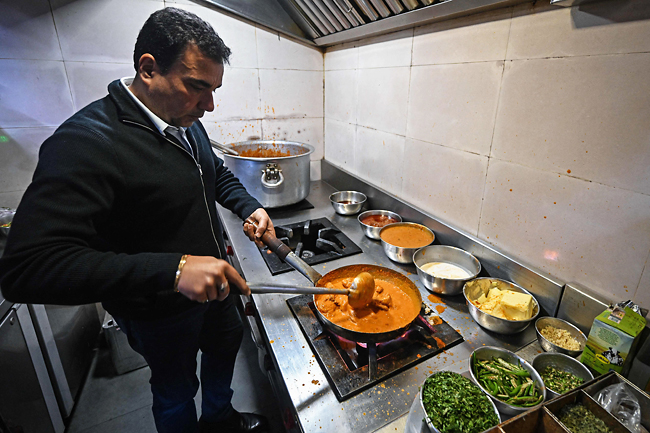
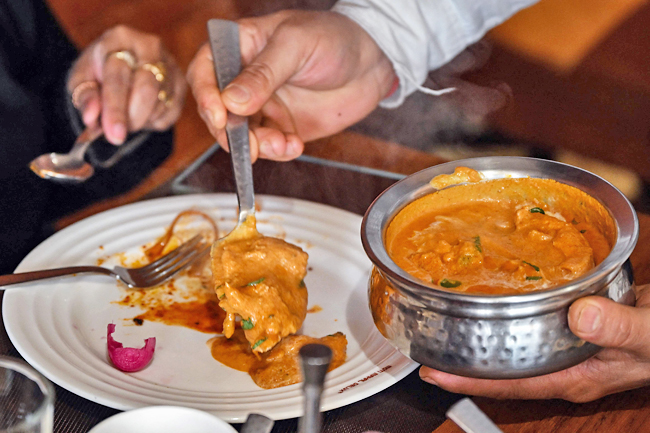
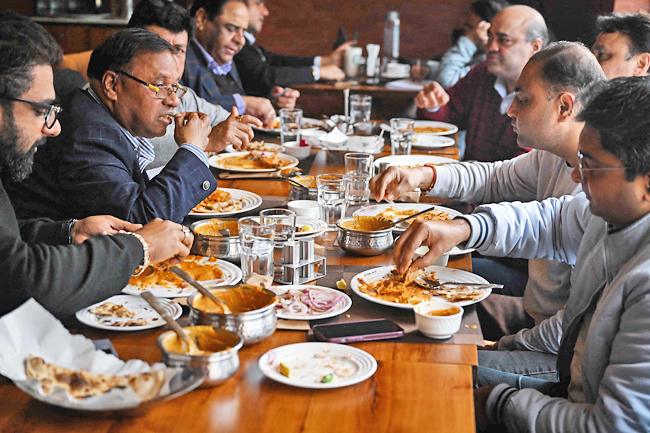
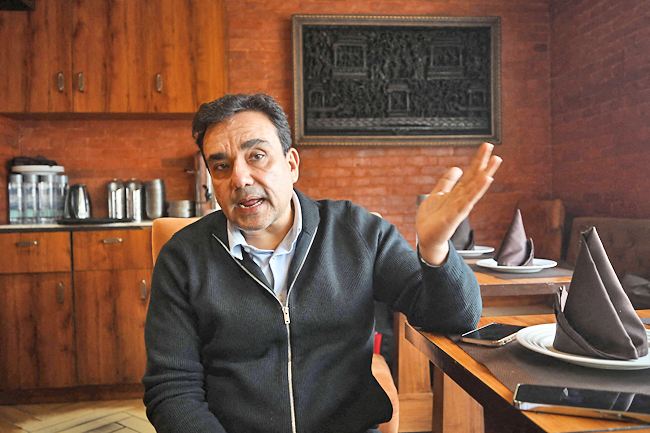
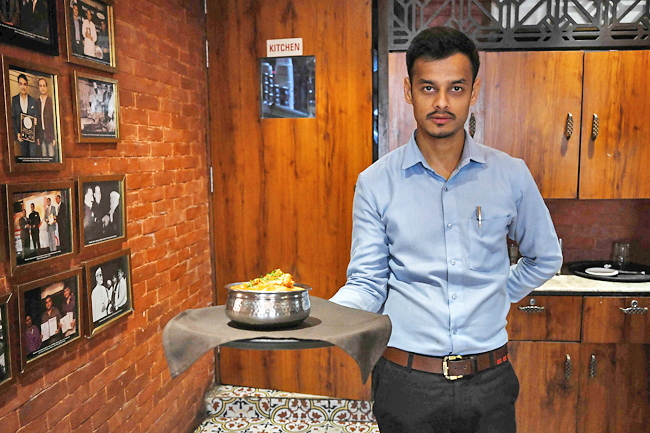
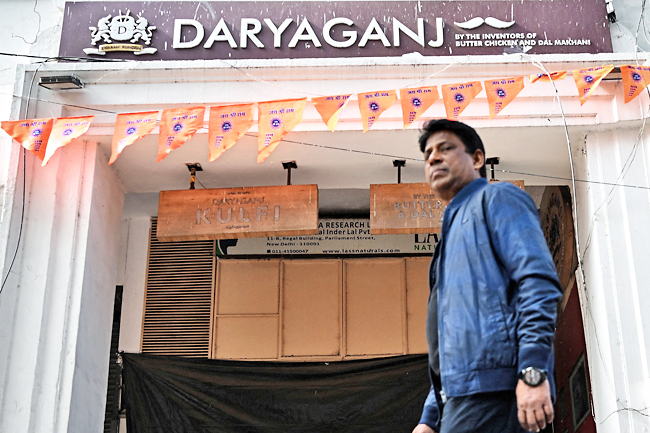
Daryaganj’s owners said they were studying the petition before filing their reply, with the next court hearing due in May.
Moti Mahal owner Monish Gujral said he submitted documentary proof that his grandfather was the creator of butter chicken.
“It’s a well-documented fact globally that we are the inventors of butter chicken and dal makhani,” Monish, 57, told AFP on a busy afternoon at one of his outlets in Delhi.
“We are not claiming that you can’t serve butter chicken in your restaurant,” Monish added.
“But don’t say you invented the dish. I would not allow anyone to take our legacy away.”
According to Monish, his grandfather Kundan Lal Gujral learned to cook in a sweet and sherbet shop in Peshawar, in today’s Pakistan, before opening a restaurant in 1920.
He experimented with various dishes, including, according to Moti Mahal, adding a creamy sauce to “bits of tandoori chicken that were in danger of drying out”.
In 1947, in the chaos as the subcontinent was partitioned between India and Pakistan, Kundan Lal Gujral left for Delhi.
There, the dramatically mustachioed chef opened the first Moti Mahal restaurant and built it into a culinary institution.
Regular customers included former prime minister Jawaharlal Nehru – always greeted with a traditional cardamom garland – and independence activist Maulana Azad.
Other guests have reportedly included former United States president Richard Nixon and former First Lady Jackie Kennedy.
But it was Kundan Lal Gujral’s appointment of his cousin Kundan Lal Jaggi as a partner that would lead to acrimony decades later.
The latter’s heirs – who would later found the Daryaganj chain – insisted it was he who invented butter chicken in 1947 to serve a table of customers who turned up just as the kitchen was closing.
As Daryaganj tells the story, Jaggi had only a few pieces of tandoori chicken left, so one diner suggested he add a gravy “so that everyone could have a hearty meal”.
Monish insists his rivals just ripped off his family’s story.
“We have been in the business for 100 years,” he said, showing black and white photographs of dignitaries on the restaurant’s walls. “They copied our feel and look.” This is not the first row over the origins of a well-known dish in India. In 2018, the Delhi High Court dealt a blow to copycat claimants of a popular kebab dish called Tunday Kababi.
And the states of Odisha and West Bengal both lay claim to rasgulla, a syrup-soaked cheese ball dessert.
Globally, there have been fights over kimchi – a pungent pickled cabbage — to hummus, biryani, jollof rice and chicken Kiev.
But for diners like Rubina Kapoor, it doesn’t make a difference who invented the dish.
“I have travelled all the way from London to eat butter chicken here,” the jewellery designer said, scooping up a spoonful of the creamy gravy at Moti Mahal.
“For me butter chicken is love, it’s childhood memories. Nothing else matters.”


